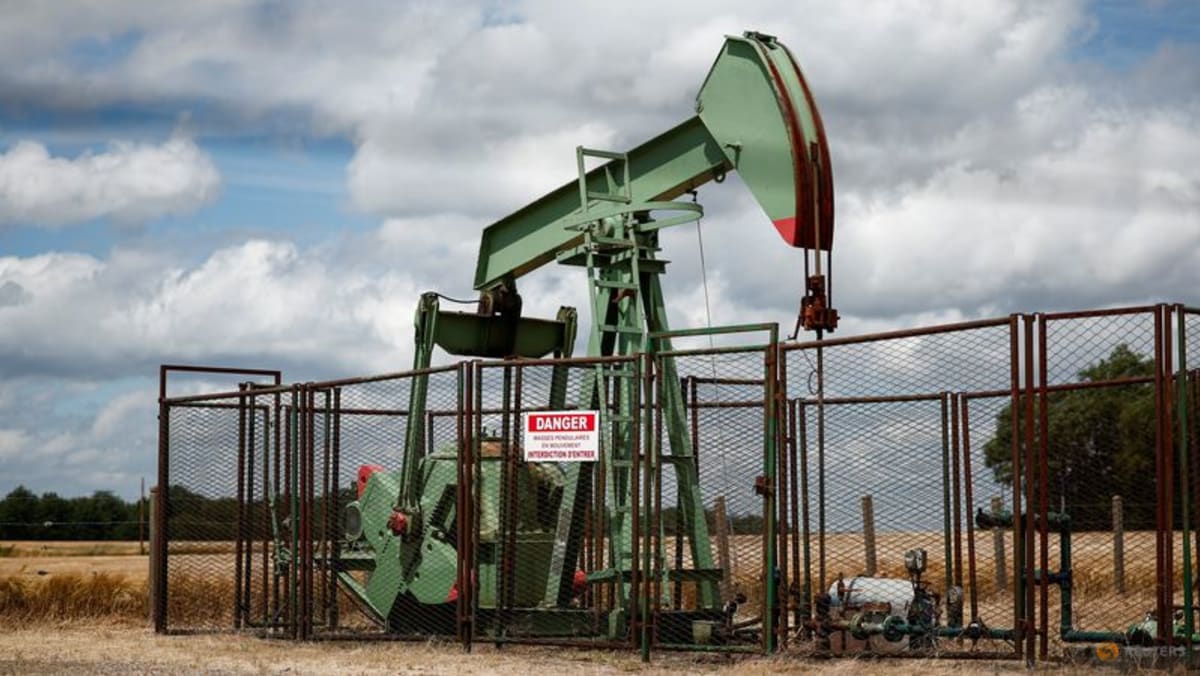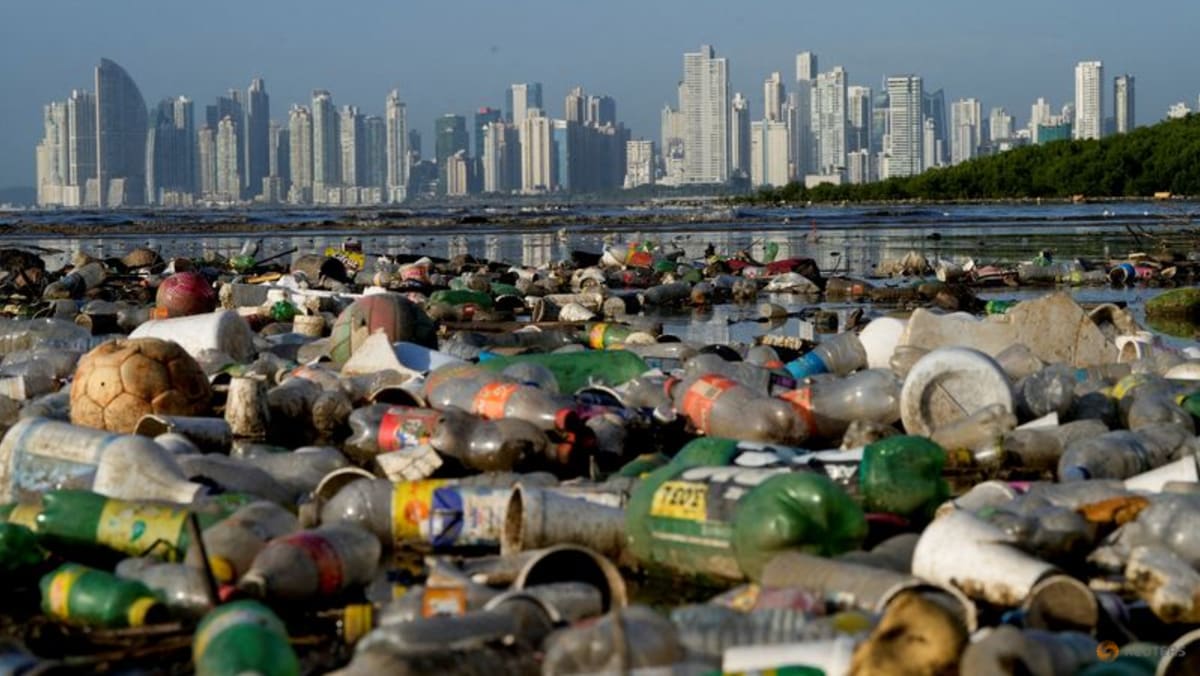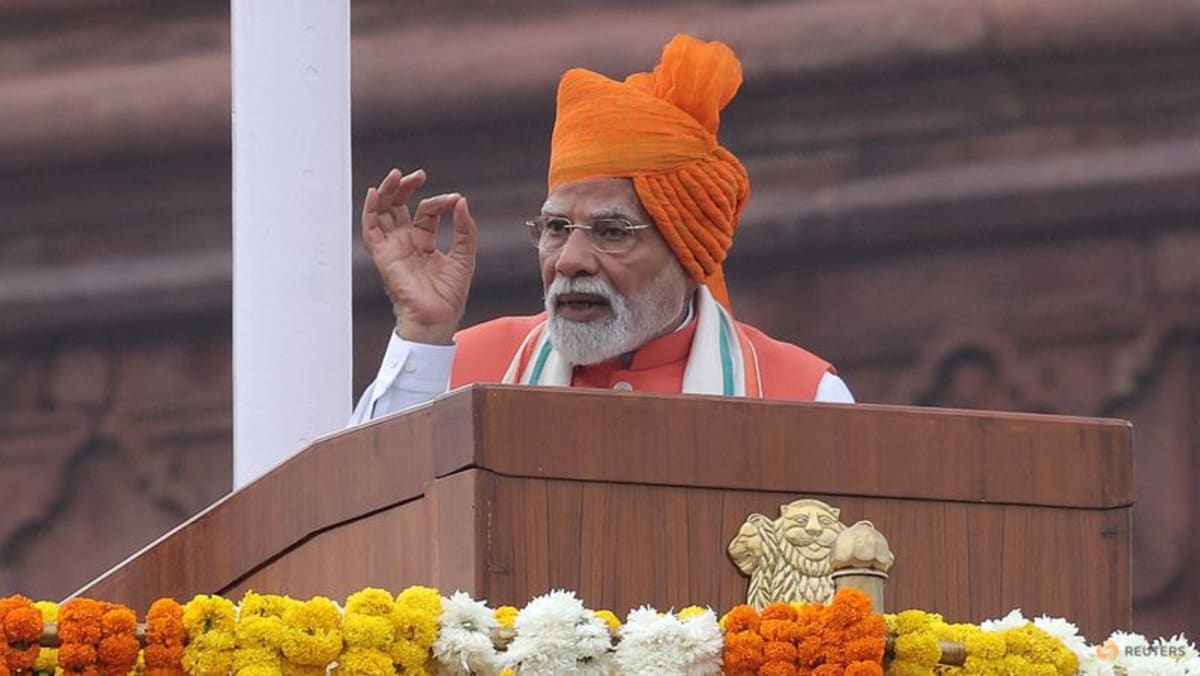BENEFITS OF CLEANUP EFFORTS
Although cleanup primarily addresses the symptoms of plastic pollution, it can address the root causes through its additional benefits. Citizen scientists have recorded data on the weight and count of items they collect during cleanup events.
This is evident in the extensive datasets compiled by organisations such as Ocean Conservancy, which has logged 40 years of data from volunteer-led International Coastal Cleanup events.
Using this data, we can better understand local sources of pollution, identify prominent pollutants and prioritise specific solutions that will have the greatest impact. Policies to reduce single-use plastic consumption in Canada, and in US states like California and Maryland, have been developed based on evidence from cleanup data.
Cleanup data collection is a means for developing baselines and to measure policy efficacy. In the United States, shoreline cleanup data was recently used to demonstrate that plastic bag policies significantly reduced the proportion of plastic bags in shoreline litter.
Cleanup also serves as a powerful platform for public communication about plastic pollution. A significant driver of our plastic pollution crisis is human behaviour. As such, we must also consider how public understanding and perception of plastic pollution affects behaviour change and support for policy change.
Bringing communities together to clean up and share information facilitates community engagement and inspires hope. What’s more, by allowing individuals to encounter the problems caused by plastic pollution firsthand, this experience often changes their perspective on the issue from being just another news story to a reality.
The hands-on nature of cleanup empowers communities to act, reduce the issue and motivates calls for social and policy change.
Although cleaning your local park, beach or waterway might seem like a small act, it is an important tool for reducing plastic pollution, increasing awareness and informing polices that have lasting impact.
By strategically increasing cleanup efforts, we can target areas of greatest impact, incite behavioural change, and collect and share monitoring data. This can inform baselines, trends over time, reduction targets and solutions for plastic pollution – reducing the harm of plastic pollution while we work locally and globally to prevent it.
Chelsea Rochman is Assistant Professor of Ecology and Evolutionary Biology; Britta Baechler is Adjunct Professor, Department of Physical & Environmental Sciences; and Hannah De Frond is Research Scientist & International Trash Trap Network Manager at University of Toronto. This commentary first appeared on The Conversation.













